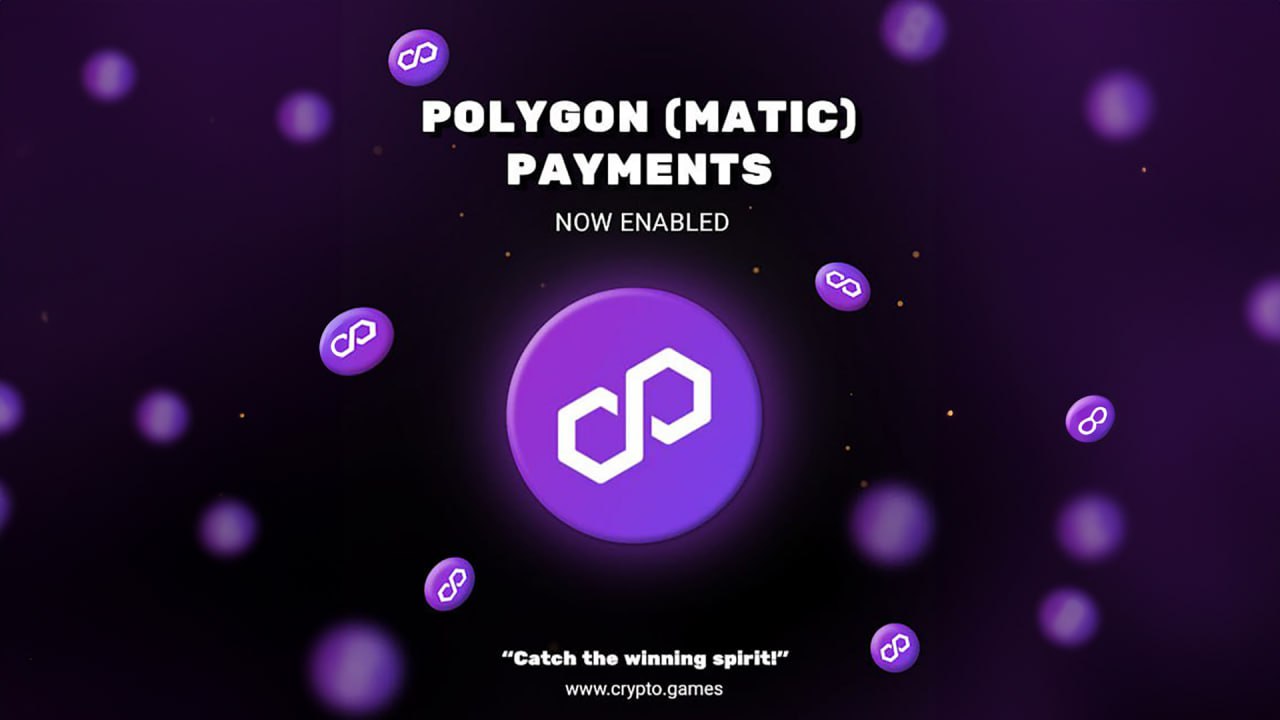What Are Gas Station Networks (GSN)?
Gas Station Networks (GSN) are decentralized networks of relayers primarily associated with the Ethereum blockchain. They enable the creation of decentralized applications (dApps) that offer payment for transactions, eliminating the need for users to hold Ether or ETH for gas payments. This simplifies the onboarding process and enhances user acquisition and experience.
Unlike users, the relayers in Gas Station Networks (GSN) do not charge fees. Instead, they charge the recipient and contract. This allows the relayers to recover transaction costs and generate additional revenue through service fees.
Gas Station Networks (GSN) were originally conceptualized and developed by TabooKey. Over time, they have expanded to include various companies, protocols, and platforms within the Ethereum ecosystem that aim to facilitate user onboarding to Ethereum applications.
Despite Ethereum’s reputation for slower transaction speeds and high fees during network congestion, Gas Station Networks (GSNs) continue to thrive due to their relatively affordable charges compared to traditional marketing, user acquisition, and onboarding expenses.
Gas Station Networks (GSNs) have evolved and improved over time, offering greater convenience. Some Gas Station Networks (GSNs) enable users to prepay the platform or recipient off-chain using traditional methods like credit cards. Each Gas Station Network (GSN) usage deducts from the user’s balance on the recipient platform’s system.
Gas Station Networks (GSNs) prioritize reliability and security. Relayers have a vested interest in processing platform requests correctly, as there are mechanisms in place to penalize them for misconduct. These processes are automated through smart contracts, significantly enhancing reliability and user experience (UX).
Marco De Rossi is the President and Co-founder of HAL. He envisions a future tech landscape where companies and developers can choose to integrate decentralized technologies based on their trust requirements. Marco has a background in Economics and Arts and is an experienced speaker. He has extensive experience in the tech industry as a programmer, digital marketing consultant, and journalist. Marco is also the founder of WeSchool, a leading EdTech company with over 2 million users.
HAL is a Web3 data infrastructure tool that enables developers, protocols, and companies to track, monitor, and trigger data through simple APIs and push notifications. Its mission is to democratize and simplify access to blockchain infrastructure, bridging decentralized and centralized technologies.











